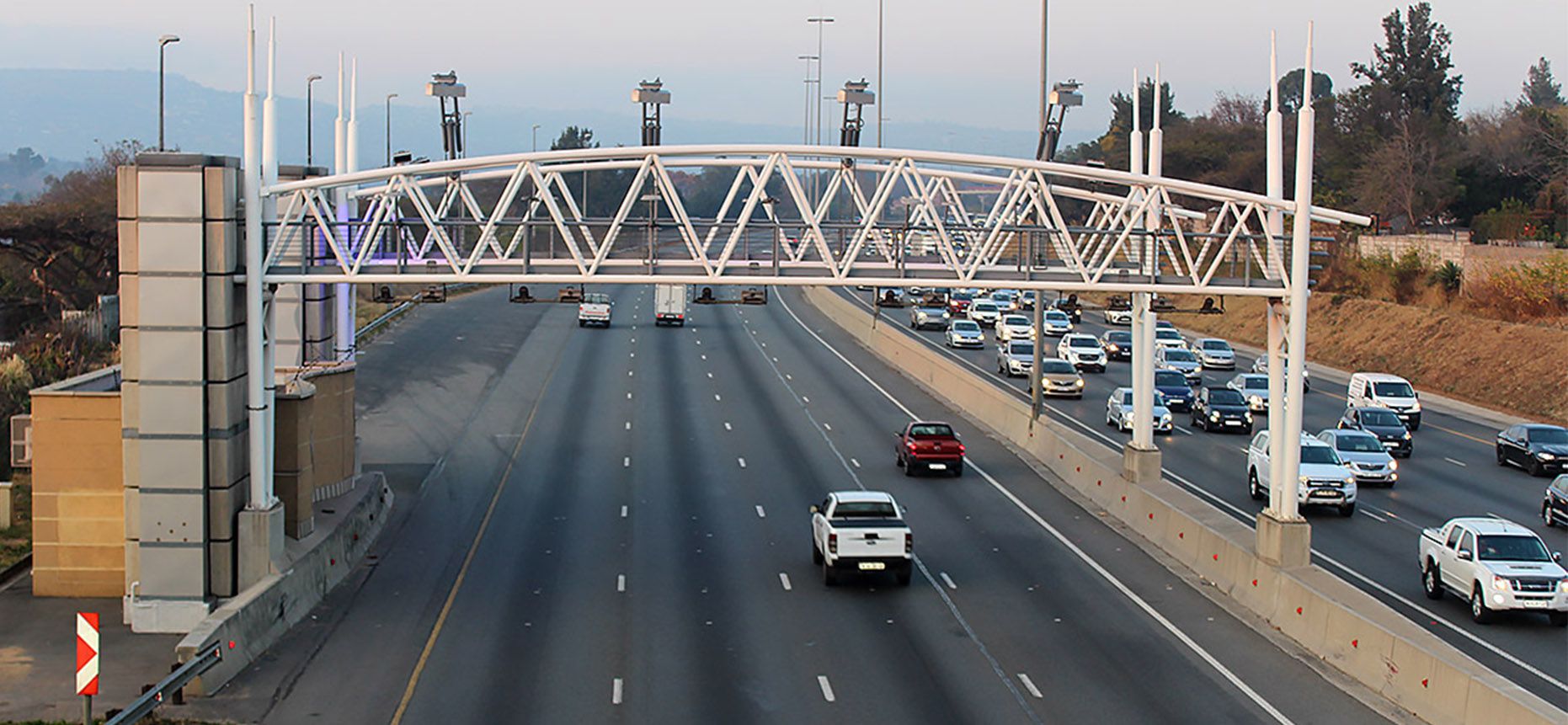.
SANRAL'S MASSIVE E-TOLL DEBT WRITE-OFF: CREATIVE ACCOUNTING?
OUTA’s CEO, Wayne Duvenage, criticised Sanral for using "creative accounting, while urging the public not to be distracted by the Gauteng provincial government’s ‘foul-play’ cry against e-toll defaulters.
"In its 2023/24 financials, Sanral revised its Gauteng e-toll revenue from R589 million to R6.507 billion for 2022/23 and similarly adjusted the 2021/22 revenue. For 2023/24, Sanral claimed e-toll revenue of R6.502 billion, though it likely collected no more than R550 million,” Duvenage explains.
This drastic change stems from Sanral's new practice of recognising toll revenue when vehicles pass through tolls, even if the revenue is uncollectable, and then immediately writing off uncollected amounts as "impaired" debt. As a result, Sanral’s e-toll debt for 2023/24 rose to R28.937 billion, with R28.726 billion of this listed as impaired, a massive jump from the previously reported R9.8 billion in 2022/23.
Duvenage called this a deliberate inflation of uncollected income, offset by equally large, impaired debt, and urged those who refused to pay for e-tolls, not to be distracted by the provincial government’s strategy to blame Gauteng’s financial woes on the e-toll fiasco. “Blaming defiant motorists for the provincial government’s financial challenges is a red herring. Motorists had every right to defy the corrupt e-toll scheme, and their use of these roads has been more than covered by their fuel levy contributions to National Treasury,” says Duvenage.
OUTA believes it’s time for a thorough forensic investigation into the financial affairs, procurement practices, and general governance at Sanral. “This would in all likelihood reveal gross overspending and board meddling in a number of areas,” he concludes.
More of Sanral’s facts and figures around e-tolls are explained here.
